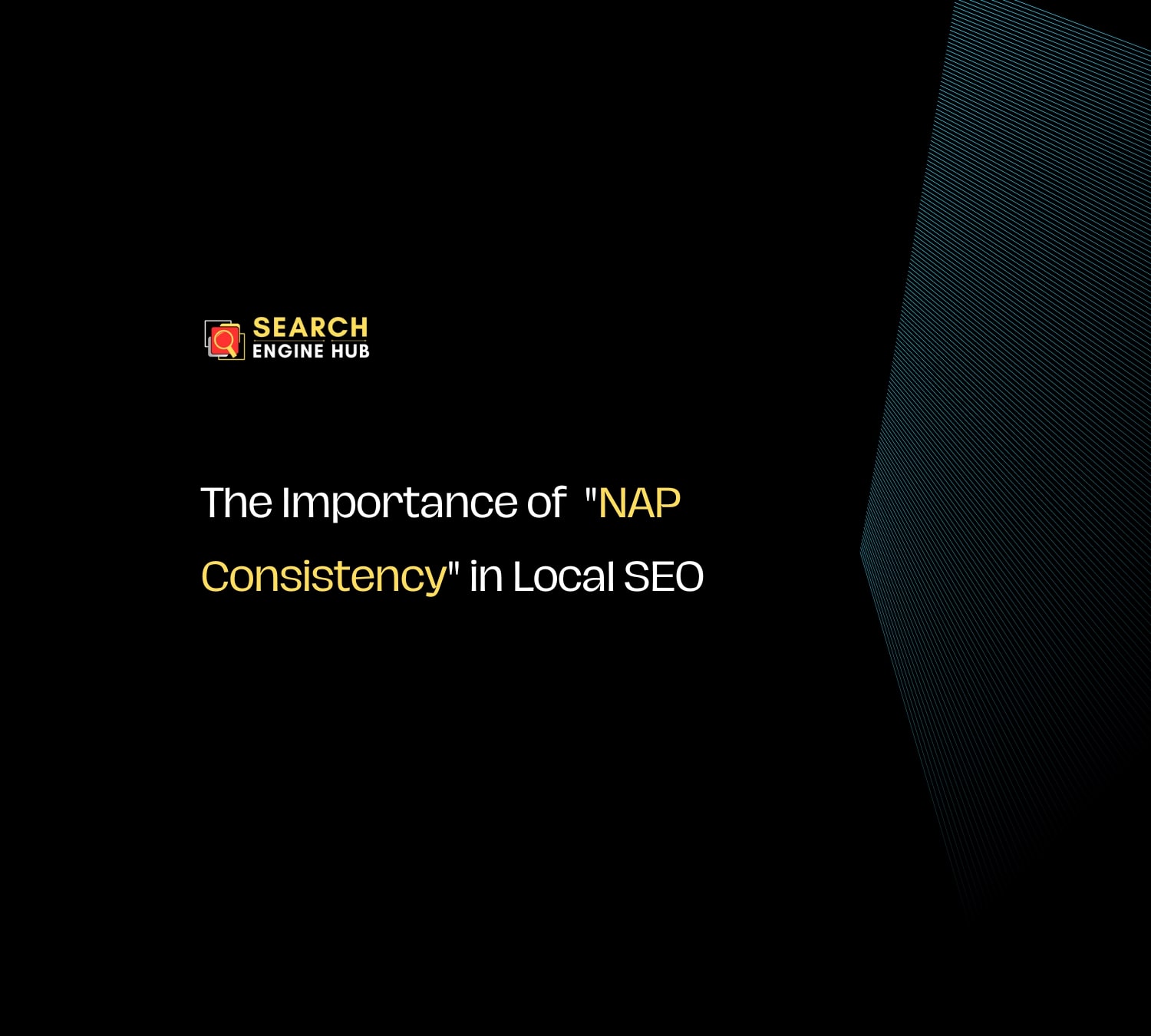Artificial intelligence (AI) and machine learning are transforming how search engines operate, making them more intuitive and responsive to user needs. These technologies allow search engines to better understand search intent, analyze data, and deliver more accurate results.
In our experience working with SEO strategies, AI and machine learning have become essential for determining how websites are ranked. Search algorithms now prioritize user behavior, content relevance, and overall site quality.
In this guide, we’ll explain how these technologies impact SEO and offer practical steps to help you use them to improve your website’s visibility and performance.
How AI and Machine Learning Affect SEO
AI-powered search algorithms like Google’s RankBrain and BERT have changed how search engines process searches. RankBrain learns from user behavior, such as which links people click on. BERT helps Google understand the context of words in searches, making it easier to match the user’s intent.
These advancements mean search engines can better judge the quality of content. Websites that answer questions clearly and provide useful information tend to rank higher.
AI Tools for SEO
Several tools powered by artificial intelligence are useful for improving website rankings:
- ChatGPT: Helps create high-quality content and optimize it for keywords.
- Google Gemini: Assists with content creation and idea generation.
These tools are also helpful for researching keywords by identifying trending topics and suggesting relevant terms. They can analyze your content and recommend improvements, ensuring your website stays competitive.
Practical Tips for Using AI Tools
- ChatGPT for Content Creation: Use ChatGPT to draft blog posts, social media updates, and email newsletters.
- Example Prompt: “Create a 500-word blog post about the benefits of AI in SEO targeting small business owners. The tone should be informative yet accessible.”
- Google Gemini for Idea Generation: Leverage Google Gemini to brainstorm content ideas and outlines.
- Example Prompt: “Generate content ideas for an SEO blog focusing on emerging trends in 2024.”
- Keyword Research: Use tools like ChatGPT to generate a list of relevant keywords and phrases. Combine this with traditional SEO tools like Google Keyword Planner for comprehensive research.
- Example Prompt: “List 20 keywords related to ‘AI in SEO’ with high search volume and low competition.”
- Content Optimization: Analyze your existing content with these tools to identify areas for improvement. Focus on enhancing readability, keyword density, and overall structure.
- Example Prompt: “Review the following blog post for SEO improvements and suggest changes to enhance readability and keyword usage.”
Creating Content with AI
AI can quickly produce content that maintains a consistent tone and style. This is helpful for businesses needing a lot of content regularly. They can also analyze user data to create personalized content that engages the audience and improves click-through rates.
For example, AI can generate engaging headlines and meta descriptions that attract more clicks. It can also create detailed articles that provide valuable information, keeping readers interested and improving the user experience.
Practical Tips for AI in Content Creation
- Engaging Headlines: Use AI to generate multiple headline options and choose the most compelling one. Ensure it includes relevant keywords.
- Example Prompt: “Create 10 catchy headlines for a blog post about ‘AI in SEO’.”
- Meta Descriptions: Craft concise and keyword-rich meta descriptions that entice users to click on your link.
- Example Prompt: “Write a meta description for an article on ‘How AI is Transforming SEO’.”
- Personalized Content: Tailor content to specific audience segments using AI analysis of user data.
- Example Prompt: “Generate personalized content ideas for an email campaign targeting e-commerce businesses.”
Predicting Trends with Machine Learning
Machine learning models analyze data to predict future trends. This helps businesses stay ahead by adapting their strategies based on expected changes in search engine algorithms.
For example, companies using machine learning have seen significant improvements in organic traffic by adjusting their SEO strategies.
Understanding and anticipating trends ensures that content remains relevant and continues to rank well.
Practical Tips for Using Machine Learning
- Trend Analysis: Use machine learning tools to monitor and predict SEO trends. Adjust your content strategy accordingly to stay ahead of competitors.
- Example Prompt: “Analyze recent SEO trends and predict which topics will be popular in the next six months.”
- Performance Monitoring: Continuously track the performance of your content and make data-driven adjustments using machine learning insights.
- Example Prompt: “Evaluate the performance of my blog posts over the last year and suggest improvements.”
Practical Applications
Integrating AI tools into your strategy is straightforward. Start with keyword research to identify relevant topics. Use AI-generated content to supplement your existing strategy, ensuring your content is always fresh and up-to-date. Implement suggestions for on-page improvements, such as optimizing headings, meta tags, and images.
Regularly updating your tools ensures you are using the latest technology and insights. Continuously monitoring the performance of AI-generated content allows you to make necessary adjustments and keep your strategy effective.
Practical Tips for Integration
- Keyword Research: Use AI tools to identify trending topics and relevant keywords. Cross-reference with traditional SEO tools for comprehensive keyword research.
- Example Prompt: “Generate a list of trending keywords for ‘digital marketing strategies in 2024’.”
- Content Updates: Regularly refresh your content with AI-generated updates to keep it relevant and engaging.
- Example Prompt: “Update my blog post on ‘SEO Best Practices’ with the latest trends and data.”
- On-Page Improvements: Optimize your website’s on-page elements, such as headings, meta tags, and images, using AI recommendations.
- Example Prompt: “Analyze my homepage for on-page SEO improvements and suggest changes.”
Future Trends
AI and machine learning will keep evolving, offering more advanced models that better understand and predict user behavior. Expect greater use of these technologies in voice and visual searches as they grow.
Staying updated on developments in artificial intelligence and machine learning is crucial. Being flexible and ready to adjust your strategies will ensure you remain effective and competitive.
Conclusion
Artificial intelligence and machine learning are changing search optimization by making it more efficient and accurate. These tools improve website rankings and user experience. From our work with clients, we know that staying updated with AI advancements and regularly adjusting strategies is crucial for staying competitive in search results.




